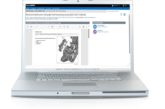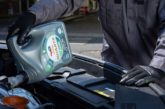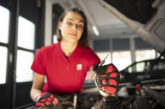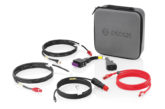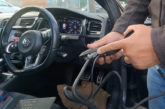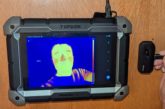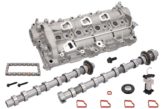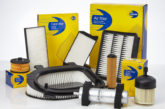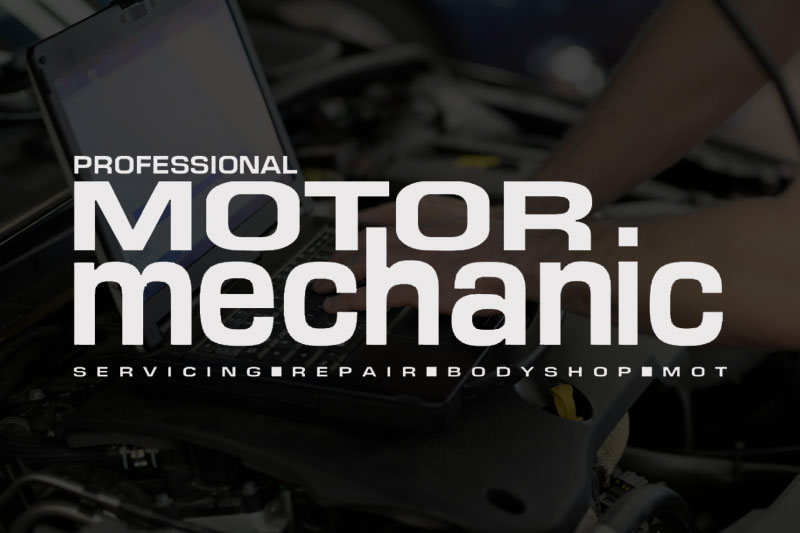
During a recent six week winter workshop trial, CTEK research identified that as many as 25% of vehicles arriving in the workshop have a battery problem, with a further 32% of vehicles at some risk of battery failure if action isn’t taken to maintain the condition of the battery.
Oil and other fluid levels, tyre pressures and brake condition are all regularly checked and monitored and with the help of CTEK’s unique technology, workshops can now offer this level of service to their customers’ vehicle batteries – easily, safely and without disruption to usual workshop routines.
What you need
To make the most of this opportunity the modern workshop needs to be equipped with an up-to-date battery analyser, ideally incorporating a printer facility.
Complemented by a CTEK charger and its patented 8-step cycle, while connected to the vehicle – workshops can automatically charge and condition a vehicle’s battery to ensure it is at full capacity. Identified problems will be dealt with by the charger or be brought to the attention of the technician.
As you’ll see from the two case studies here, it’s clear that with state-of-the-art CTEK equipment, some minimal training and product familiarisation, workshops will be able to create a completely new source of revenue and increase customer satisfaction whilst protecting and enhancing their business reputation.
Trial 1 – Hubbard Motors
The six week winter trial carried out during November and December by Midlands-based Roy Hubbard Motors, highlighted how ‘Winter Battery Strain’ is affecting batteries not properly 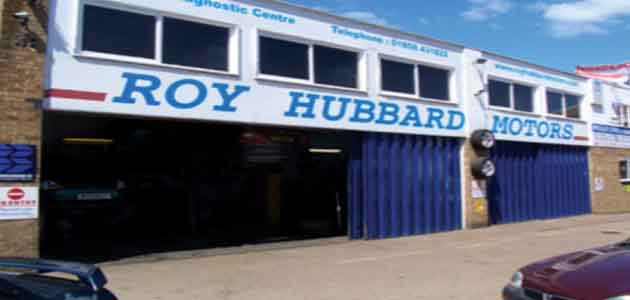 maintained during this particularly cold spell.
maintained during this particularly cold spell.
During the two month trial:
- 25% of those tested needed a replacement battery
- 30% of those tested were sold a battery reconditioning service
Graham Packer at Roy Hubbard Motors said: “The service was well received – our customers were pleased that we’d brought a potential problem to their attention and were more than happy to pay for the service if it was required. The process is quick, the equipment is easy to operate and doesn’t interfere with any other part of the servicing process. I’d highly recommend this approach to other workshops.”
Trial 2 – Westerleigh Motors
A second workshop trial with Westerleigh Motors demonstrated how workshops can earn £££’s in extra income in 2013 by routinely testing vehicle batteries. Using just one MXS 25, Westerleigh Motors created significant revenue during the trial period: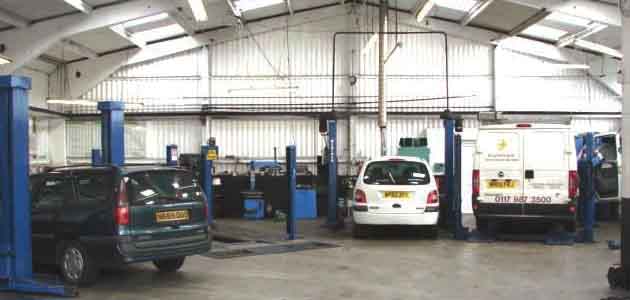
Average no. of battery tests per day = 2
Working days per year = 312
Total vehicles tested in a year = 624
During their trial Westerleigh Motors found that:
- 11% of those tested needed a new battery. Annually that means 68 batteries sold at a minimum of £50+VAT = £3,400 p/a
- 59% of those tested were sold a battery reconditioning service at £10 per service. Annually that’s 368 services sold = £3,680 p/a
Minimum additional revenue in 12 months = £7,080
THE PROCESS IN 6 EASY STEPS
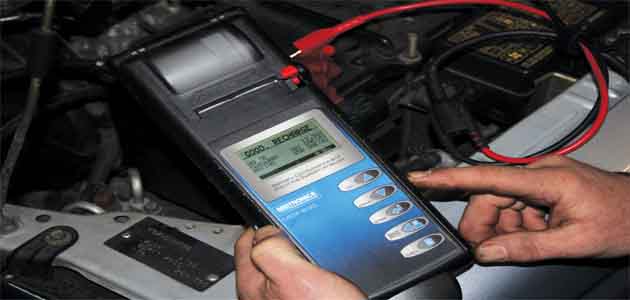
STEP 1: Workshop to connect the battery analyser to the battery when the vehicle arrives in the workshop and generate a print out showing battery condition.
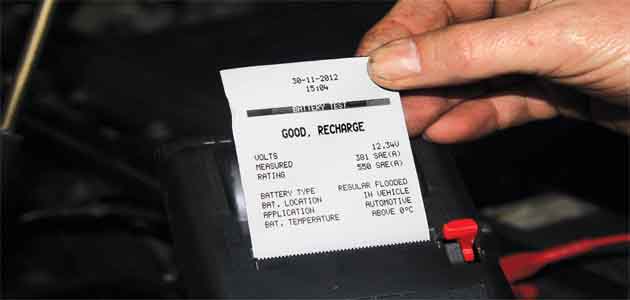
STEP 2: The print out will indicate the battery’s condition: a) good condition, no action is required; b) good, but in need of a recharge; c) replace the battery.

STEP 3: Customer to be advised of the outcome as part of the review of additional work required.
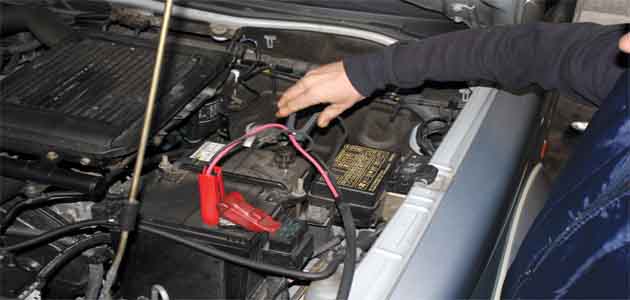
STEP 4: If the battery requires recharge and the customer agrees to the cost of this service, simply connect up the CTEK MXS 25 charger, there is no need to disconnect the battery.
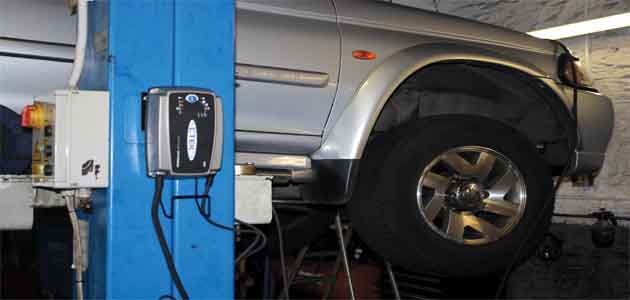
STEP 5: Complete all other required work without interruption, the vehicle battery will be charged and conditioned by the CTEK unit.
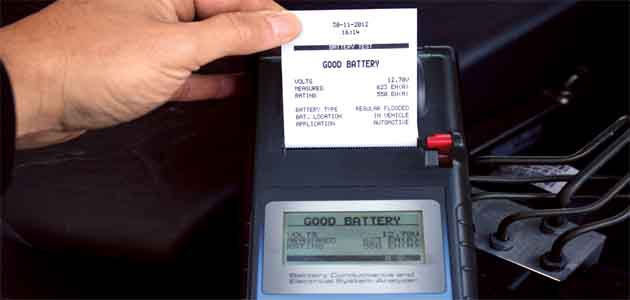
STEP 6: Re-test the battery to check charge and condition and print out a new reading. At the time of payment workshops can use this as evidence of the work carried out.

